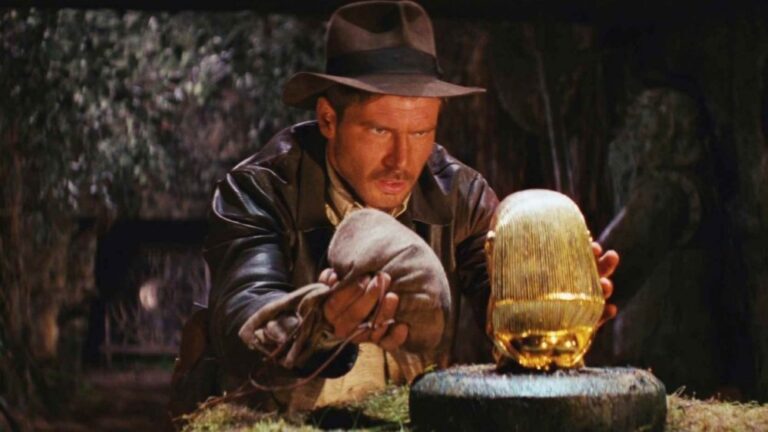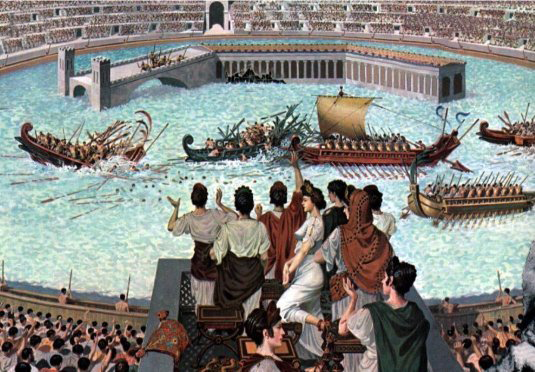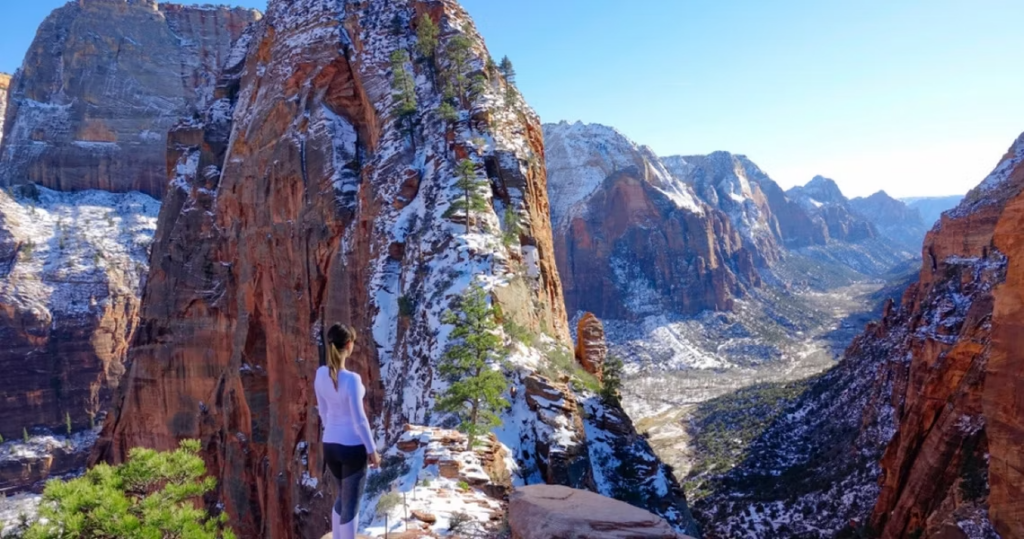
I remember the very first time I saw Indiana Jones – Raiders of the Lost Ark. Wow! The first ten minutes were thrilling. My adrenaline was already pumping hard. As Indy raced through the jungle to escape the native Indian’s poison darts, I was stuffing fists full of popcorn into my mouth while gripping the edge of my seat. Right then and there in the movie theater, I wanted to go out and become an archeologist. I didn’t even completely know what an archeologist did (at the time), but I believed (romanticized) it was for me! It was so thrilling and invigorating. My heart was racing and so was my imagination.

I also wanted to become a dancer when I saw Singing in the Rain, a Cowboy when I saw my first John Wayne film, and an astronaut when I watched 2001 a Space Odyssey. I wanted to be part of every adventure.
But what I also learned while watching those heart-pounding/heart-warming adventures was how small both my knowledge and understanding of the world really were.
I began to investigate what an adventurer was and why they were so… adventurous. Like most people, my world was already laid out for me… go to school, get a job, get married, stay in a career for forty years, try to earn a pension, support my family, pay bills, pay taxes, buy gifts for the holidays, endure family get-togethers, enjoy way too much TV, and shake my head at the sensationalistic news on TV.
Adventure for people like me meant Black Friday shopping, when me and a crowd of people I’d never met before, wait for hours, only to push and shove our way to the front of the line to buy the last of some item we just had to have (at the time).
Adventure both inspired and excited me, igniting some deep lust to discover and explore beyond my limited day-to-day world.
I had to figure out what adventure really was and what it means to different people.
The dictionary defines it as:
ad·ven·ture (/ədˈven(t)SHər/)
- an unusual and exciting, typically hazardous, experience or activity.
- an undertaking usually involving danger and unknown risks.
- the encountering of risks.
- an exciting or remarkable experience.
For those of you not willing to venture too far from what you know, let’s start with the last definition:
An exciting or remarkable experience.
Typically, this means trying or learning something new, that is out of your normal comfort zone. The adventure part comes into play when you:
A: Learn something new (sometimes about yourself and what you’re capable of).
B: Going into the unknown and challenging your assumptions.
C: Exploring something you’ve never encountered before.
There are usually two kinds of travel vacations that people go on. One is a trip that helps us to relax, enjoy, rejuvenate, decompress, and unwind from the demands of work and life. The other is where we learn and explore something we’ve never encountered before. The second is an adventure.

For me, adventure is exploration, discovery, seeing new things that cause one to question his ideas and assumptions, and experience something unique and different.
The way I learned that was to venture outside of my small fiefdom and see what else the world had to offer. I got that opportunity in three ways. First, I had a mother who encouraged me to read a variety of books on many topics both fiction and non-fiction. Second, she took me to Europe at the young age of thirteen and I got to experience a whole new level of adventure. And third, I became a Personal Assistant and traveled around the world and met people from all walks of life.
The title of this article was a play on words. Adventure is for losers means for those wanting to lose the shackles of conformity, sheeple mentality, and routine. See what I did there?
What do adventurers gain? A greater sense of self, a newer perspective on life, a clearer way to see the world, and a life of less burden and stress. It means being proactive versus reactive. It means discovering everything special the world has to offer.
And every day I strive to find both adventure and wonder in every moment of every day.
Adventure is more than just crossing something off your bucket list. It should challenge your assumptions and make you question your preconceived notions, forcing you to look at the world from a brand-new perspective.
And you don’t have to go overseas in order to experience this, there is an entire United States to explore. But it can’t hurt. Pushing the envelope and figuring out what you’re capable of doesn’t have to mean risking the high rocky peaks of the alps or taking a transatlantic journey on a plane built for two.
Yet it does mean stretching and pushing the boundaries of what you know, what you’re comfortable with, and what you might be used to.
Adventure does not mean trying a new frozen TV dinner you’ve never had before. It doesn’t mean going to a new local bar alone and seeing what happens. And it doesn’t mean changing your hair or nail color either.
Let’s start with discovery. Discovering something new is based upon two notions: curiosity and investigation. When you are curious enough about something, you want to learn more about what it is, how it works, and why it exists. When you are in this state you are willing to investigate further to find the answers.
This kind of investigation requires exploration and a desire to learn something new, which naturally means that you evolve beyond your comfort zone.
And this is what adventure really is, a remarkable experience. Keyword, experience.
Have you ever been to the Colosseum in Rome? If you have, one of the things you learn is that in addition to the spectacles of watching gladiators do battle, they used to fill the entire arena floor with water and place two full-sized ships inside that would display battles of bravery and courage. Imagine that… Filling the entire colosseum with water enough to float two huge battleships.

Adventure is learning, stretching, trying new things, investigating, and pushing beyond your own limited knowledge and understanding to gain new information and experiences. And that new information is what causes one to want to learn what else is out there yet to be discovered.
Isn’t this exactly what genius really is? Taking us somewhere new and profound in a way that provides unique ideas and perspectives? And this new knowledge, based upon the freedom to explore the unknown, helps us then to philosophize, imagine, fantasize, experiment, invent, build, and create something that is new and hopefully beneficial to all. And that, my friend, is what true Disruption is.
Adventure is not always scary, hard, or daunting. Adventure should move, challenge, and push both our thinking and our evolution. And as I’ve mentioned before, happiness is growing and moving beyond where we currently are. It’s opportunity. Unhappiness, on the other hand, is staying stuck in the same ole’ complacent rut with no forward movement or development.
In this way, adventure is really about happiness. When we stretch, learn something new, challenge ourselves, and encounter unique or unusual ideas and perspectives, we gain a sense of happiness because we are growing and changing both in our ideas and in who we are.
When does one begin an adventure? When you are very young. Or… right now.
How does one get inspired toward adventure? Curiosity. The best way to get your mindset intrigued and motivated is to start asking questions about things you don’t know. Don’t always assume you know the answer. Investigate, explore, question, wonder, dig. Have you ever asked who came up with the concept of painted lines on roads to keep one-ton cars safely on their side? Seems ridiculous, doesn’t it? That we all just agree not to cross a silly little line. Don’t ever just assume the answer. Get curious, ask questions, and you’ll open your mind up to new thoughts, new perspectives, and new ideas.
I keep saying this but get out of your comfort zone. And don’t wait ten years to do this. And here’s what I mean by comfort zone:
When you tell yourself you don’t have the time because of work commitments or too many obligations, you are keeping yourself stuck in a rut that you’ll rarely get beyond. That is of course unless you decide to change your limiting conditions and behaviors.
Another thing that keeps you stuck is the word “luck.”
Luck is believing that no matter what you do, or no matter how hard you try, things are going to happen to you, that are out of your control. Bad luck means you never get a break. Good luck means that every once in a while, something goes your way. But it’s also suggesting you have nothing to do with it.
I can only suggest to you that geniuses, Disruptors, and adventurers don’t believe in luck. They decide and make their own path based on nothing more than an idea, a curiosity, or some catalyst that inspired them to want to learn more.
Luck exists in one place only… buying lottery tickets. But even then, if you don’t buy one, then luck can’t even factor into the process. So, for now, let’s forget about luck.
Hopefully, you are reading these articles for one purpose only. To stretch and challenge who you are, and to grow and evolve into someone you are even more capable of being.
That is the entire philosophy behind these articles; to show you both the tools and opportunity to follow your own path.
Lastly, I realize that with every one of these articles you read, you just can’t help using your rational mind to analyze and justify the contents. But what you may not be doing, is using and developing your intuitive mind. If you are only reading these articles and not applying them, if you are using logic and analysis to vet what I am saying, then, unfortunately, you’re missing the entire point.
The purpose of these articles is to help you find, trust, and follow your own unique path. And the only way to really do this is to start practicing the (Einstein-endorsed) methodology and practice of intuitive thinking.
Intuition does not always mean you will be right. But neither does rational thinking. So, what’s the harm in learning to develop and strengthen your most natural gift? Think of it like this. You develop in other areas of your life, reading, writing, education, daily habits, and routines. And because of this, you’ve become somewhat natural in doing those things. It’s no different when learning to develop your intuitive mindset.
Actually, that’s wrong. Developing your intuitive mind is where real genius and power come from. Everything you use and live by was created and initially developed by the intuitive mind. The only question is, why are you still resisting and keeping yourself stuck?
Find your adventure. It’s out there.
